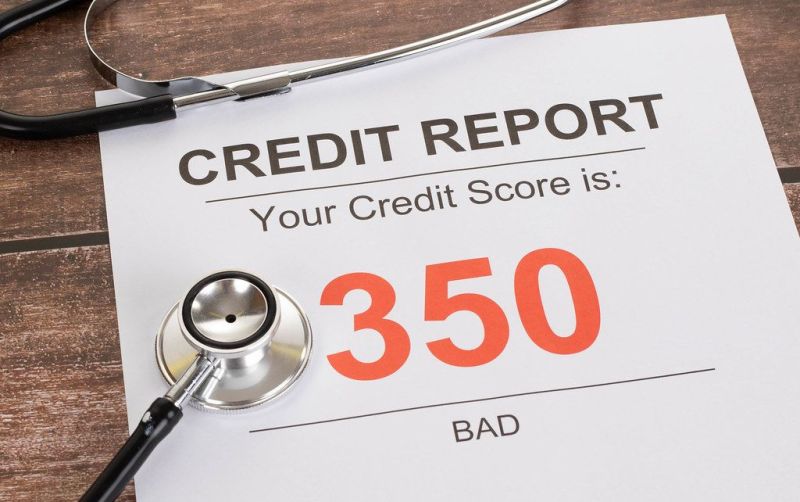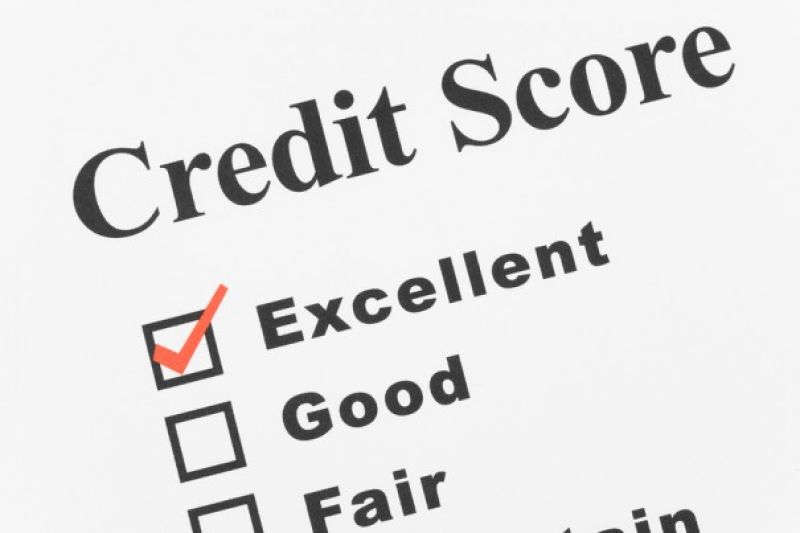It involves a series of actions and habits contributing to a strong credit profile. Here are some critical aspects of building and maintaining good credit:

Building and maintaining good credit means establishing a positive credit history and responsibly managing your credit accounts over time. It involves a series of actions and habits contributing to a strong credit profile.
How To Build a Good Credit

Here are some critical aspects of building and maintaining good credit:
Paying Bills on Time
Consistently making timely payments is crucial for building and maintaining good credit. Late payments or delinquencies can harm your credit score and overall creditworthiness. Set up reminders, automate payments, or create a budget to ensure you meet all your financial obligations promptly.
Managing Credit Utilization
The ratio of your credit card balances to your credit limits is known as credit utilization. You are advised to maintain your credit utilization at most 30% to show that you manage your credit responsibly.
To keep a good credit utilization ratio, avoid using all the available credit on your cards and consider paying off amounts in full each month.
Diversifying Credit
A mix of different types of credit, such as installment loans, credit cards, and a mortgage, can impact your credit score positively. It shows that you can handle various types of credit responsibly. However, only take on the credit that you need and can manage effectively.
Avoiding Excessive Debt
Accumulating excessive debt can strain your finances and negatively affect your credit. Be cautious about acquiring more debt than you can comfortably repay. Keeping your debt manageable and paying down outstanding balances can contribute to a positive credit history.
Regularly Monitoring Your Credit Reports
Reviewing your credit reports via the major credit bureaus (Equifax, Experian, and TransUnion) at least once a year is essential. Check for any errors, inaccuracies, or signs of fraudulent activity. Promptly address any issues by contacting the credit bureaus to ensure your credit report reflects accurate information.
Building Credit History
Building a positive credit history needs time, especially if you are new to credit. Start by opening a credit card or obtaining a small loan, and use them responsibly. Make timely payments and keep low balances. Over time, this will contribute to a solid credit history and improve your credit score.
Avoiding Negative Credit Actions
Certain actions can harm your credit, such as defaulting on loans, filing for bankruptcy, or having accounts sent to collections. These negative marks can stay on your credit report for several years and significantly impact your creditworthiness. Practice responsible financial behavior to avoid these situations.
Building and maintaining good credit is crucial for various aspects of personal finance. Your creditworthiness, as reflected by your credit score, can significantly impact your ability to access financial resources, such as loans, credit cards, and favorable interest rates.
Read Also: Understanding The Basics Of Budgeting
Why Build a Good Credit?
Here are several reasons why building and maintaining good credit is essential:
Loan Approvals
When evaluating loan applications, lenders consider your credit history and score. A good credit score increases your approval options for mortgages, car loans, and personal loans. It also enhances your negotiating power to secure more beneficial terms, such as lower interest rates and higher borrowing limits.
Lower Interest Rates
Good credit often translates to lower interest rates on loans and credit cards. Lenders view borrowers with good credit as less risky, allowing them to offer more competitive rates. Over time, lower interest rates can save you significant amounts of money and reduce the overall cost of borrowing.
Credit Card Benefits
With good credit, you are more likely to use credit cards with attractive rewards programs, cashback offers, and travel perks. When used responsibly, these benefits can help you save money or earn valuable rewards on your everyday expenses.
Rental Applications
Many landlords and property management companies perform credit checks when considering rental applications. Good credit demonstrates financial responsibility and reliability, making you a more desirable candidate for rental properties.
It can also increase your chances of being approved for lease agreements without requiring a cosigner.
Employment Opportunities
In specific industries, employers may review credit reports in their hiring process. While they cannot access your credit score, they may evaluate your credit history to assess your responsibility and trustworthiness.
Maintaining good credit is advantageous when seeking employment, especially in roles that involve financial obligations or positions of trust.
Utility Services and Contracts
When setting up utility services, such as electricity, gas, or internet, providers may review your credit history to determine whether you require a security deposit. A favorable credit profile can help you avoid such deposits and streamline the process of establishing essential services.
Insurance Premiums
Insurance companies often consider credit information when determining insurance premiums for autos, homeowners, or renters. A higher credit score can lead to a lower insurance premiums, indicating responsible behavior and reduced risk.

Future Financial Opportunities
Good credit opens doors to future financial opportunities, such as starting a business, investing in real estate, or pursuing higher education. It can provide you with the necessary financial foundation and access to capital for such ventures.
Access to Higher Credit Limits
A good credit history can lead to higher credit limits on your credit cards and lines of credit. This increased borrowing capacity can be beneficial during emergencies or when you need to make larger purchases.
Read Also:The Importance Of Financial Planning For Your Future
Enhanced Financial Flexibility
Building good credit provides financial flexibility and options. It allows you to maximize favorable loan terms, such as more extended repayment periods or lower down payments. With good credit, you have more choices and can select the financial products that best meet your needs.
Lower Insurance Deductibles
Some insurance providers may offer lower deductibles or premiums for policyholders with good credit. Maintaining good credit may make you eligible for better insurance terms and save money on premiums or deductibles.
Utility Deposits
Individuals with poor or no credit may be needed to pay higher security deposits when setting up utility services. Building good credit can help you avoid or minimize these deposits, reducing your upfront costs when establishing essential services.
Qualifying for Rental Properties
Good credit can increase your chances of securing rental properties, particularly in competitive rental markets. Landlords often review credit histories to assess the financial responsibility of potential tenants. With good credit, you have a stronger application, which can give you an edge over many applicants.
Cosigner Requirement
Individuals with poor or limited credit may need a cosigner to qualify when applying for loans. Building and maintaining good credit allows you to become eligible for loans without needing a cosigner. This provides more independence and removes the burden on someone else's credit.
Better Negotiating Power
With good credit, you have more negotiating power when dealing with financial institutions. You can leverage your positive credit history to request lower interest rates, reduced fees, or improved terms on loans, credit cards, or other financial products.
Starting a Business
If you aspire to create your own business, good credit can play a crucial role. It can make securing business loans, lines of credit, or business credit cards more accessible.
A strong credit profile demonstrates your ability to handle financial obligations, increasing your chances of obtaining the necessary capital to launch or expand your business.
Trust and Credibility
Building and maintaining good credit establishes trust and credibility within the financial community. Lenders, landlords, and employers often view individuals with good credit as reliable and responsible. It can positively impact their perception of you and open doors to various opportunities.

